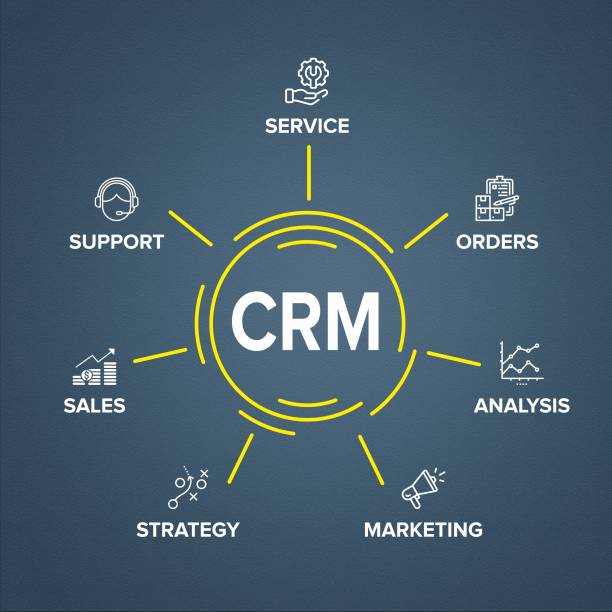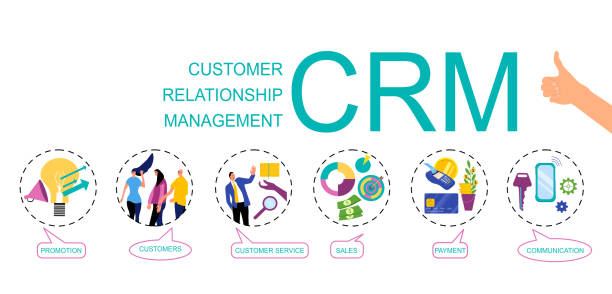Boosting sales is a critical goal for businesses in Texas, and one of the most effective ways to achieve this is through the implementation of a robust Customer Relationship Management (CRM) system. A well-chosen CRM solution can streamline processes, enhance customer interactions, and ultimately drive revenue growth. This article explores the best CRM solutions available for businesses in Texas, highlighting their features, benefits, and how they can help you boost your sales.
Understanding CRM and Its Importance
Customer Relationship Management (CRM) systems are designed to help businesses manage their interactions with customers and potential customers. These systems centralize customer information, track interactions, and automate various tasks related to sales and marketing. By utilizing a CRM, businesses can improve customer satisfaction, enhance communication, and ultimately increase sales.
Benefits of Using a CRM
- Centralized Data Management: CRMs store all customer data in one place, making it easily accessible for sales teams.
- Improved Customer Relationships: With detailed insights into customer preferences and behaviors, businesses can tailor their interactions to meet individual needs.
- Sales Automation: Automating repetitive tasks allows sales teams to focus on closing deals rather than administrative work.
- Enhanced Analytics: CRMs provide valuable analytics that help businesses understand trends and make informed decisions.
Top CRM Solutions for Businesses in Texas
When selecting a CRM solution, it’s essential to consider your business size, industry, and specific needs. Here are some of the best CRM solutions available for Texas businesses:
1. Salesforce
Salesforce is one of the most recognized names in the CRM industry. It offers a comprehensive suite of tools that cater to businesses of all sizes.
- Features: Lead management, opportunity tracking, customizable dashboards, and extensive reporting capabilities.
- Benefits: Highly scalable and integrates with numerous third-party applications. Salesforce also offers robust support and training resources.
2. Zoho CRM
Zoho CRM is an affordable option that provides a wide range of features suitable for small to medium-sized businesses.
- Features: Sales automation, marketing automation, analytics, and AI-driven insights.
- Benefits: User-friendly interface and flexibility in customization make it ideal for businesses looking to grow without overwhelming complexity.
3. HubSpot CRM
HubSpot offers a free version of its CRM that is perfect for startups and small businesses.
- Features: Contact management, email tracking, pipeline management, and reporting tools.
- Benefits: The free version includes essential features that can be upgraded as the business grows. HubSpot also provides excellent educational resources.
4. Pipedrive
Pipedrive is designed specifically for sales teams with an emphasis on pipeline management.
- Features: Visual sales pipelines, activity reminders, and customizable stages.
- Benefits: Its intuitive design helps teams stay organized and focused on closing deals.
5. Freshsales
Freshsales is an entry-level CRM that simplifies the management of customer relationships.
- Features: AI-based lead scoring, email tracking, built-in phone capabilities.
- Benefits: Ideal for early-stage businesses looking for an easy-to-use platform that can grow with them.
Choosing the Right CRM for Your Business
Selecting the right CRM involves assessing your business needs against the features offered by different systems. Here are some factors to consider:
Business Size
- Small Businesses: Look for CRMs that offer essential features at an affordable price point (e.g., HubSpot or Zoho).
- Medium to Large Businesses: Consider more comprehensive solutions like Salesforce that can handle complex processes and large volumes of data.
Industry-Specific Needs
Certain industries may require specific functionalities (e.g., real estate or healthcare). Ensure that the chosen CRM can cater to these unique requirements.
Budget Constraints
Evaluate the pricing structure of each CRM solution. Some offer free tiers or trial periods which can be beneficial for testing before committing financially.
Implementing Your Chosen CRM
Once you have selected a CRM solution that fits your business needs, it’s crucial to implement it effectively:
1. Training Your Team
Ensure that all users receive proper training on how to utilize the system effectively. This can include formal training sessions or access to online resources provided by the CRM vendor.
2. Data Migration
Plan how you will migrate existing customer data into the new system. Clean up any outdated information before importing it into the CRM to ensure data integrity.
3. Regularly Review Performance
Utilize the analytics tools within your CRM to regularly review performance metrics. This will help you understand how well your team is using the system and where improvements can be made.
Conclusion
Investing in a quality CRM solution is essential for Texas businesses looking to boost their sales efforts. By choosing a system tailored to your specific needs and implementing it effectively, you can enhance customer relationships and drive revenue growth. The right CRM not only streamlines processes but also provides valuable insights that empower your sales team to succeed.As you consider your options, remember that each business is unique; what works for one may not work for another. Take the time to evaluate your needs carefully before making a decision. Written by Domingo Hernández.
FUENTE: youtube


